Requires Prescription: Yes
Active Ingredient: Esomeprazole
Used For: Acidity & Ulcers
How It Works:
Esomeprazole binds irreversibly to the H+/K+ ATPase enzyme in the proton pump of stomach parietal cells. By inhibiting this final pathway for hydrochloric acid secretion, it significantly reduces acid production, thereby altering gastric pH.
Esorid Capsules Usage and Safety:
Dosage: Esomeprazole
Side Effects: Common side effects include headache, gastrointestinal upset, skin reactions, and dry mouth. Rare side effects may include angioedema, anaphylaxis, and fundic gland polyps.
Drug Interactions: Esomeprazole may interact with medications such as Phenytoin, Warfarin, Clopidogrel, Ketoconazole, Itraconazole, Voriconazole, Diazepam, Citalopram, Imipramine, Clomipramine, CYP3A4 inhibitors or inducers, Tacrolimus, Digoxin, Erlotinib, and Methotrexate.
Indications:
Esorid Capsules are indicated for the treatment of heartburn, GERD, gastritis, and ulcers.
Contraindications:
Esomeprazole is contraindicated in patients with known hypersensitivity to proton pump inhibitors (PPIs). Hypersensitivity reactions such as angioedema, anaphylaxis, bronchospasm, acute interstitial nephritis, and urticaria have been reported.
Esorid Capsules Precautions:
Precaution: Long-term use, particularly over 3 years, may lead to malabsorption or deficiency of cyanocobalamin (Vitamin B12).
Esorid Capsules Warnings:
Warning 1: Hypomagnesemia (low magnesium levels) has been rarely reported with prolonged PPI treatment.
Warning 2: Long-term and multiple daily dose PPI therapy may increase the risk of osteoporosis-related fractures of the hip, wrist, or spine.
Warning 3: Avoid the concomitant use of Esomeprazole with Clopidogrel due to potential drug interactions.
Additional Information:
Pregnancy Category: Always consult your physician before using any medication.
Storage: Store this medicine at room temperature, away from direct light and heat.



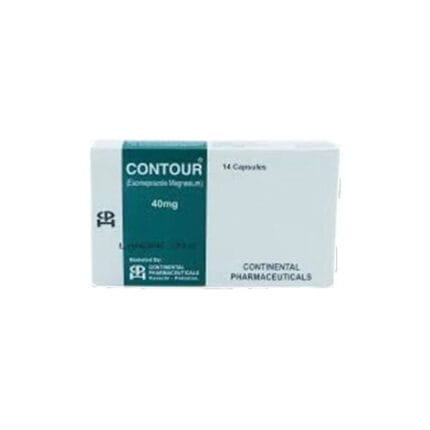



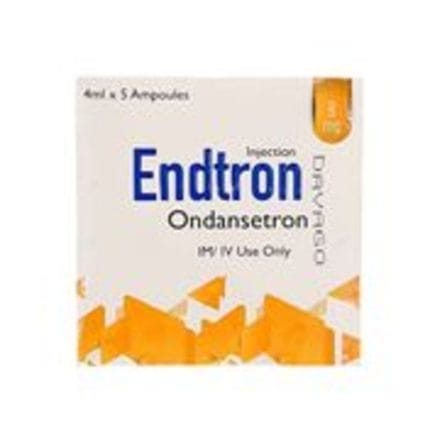
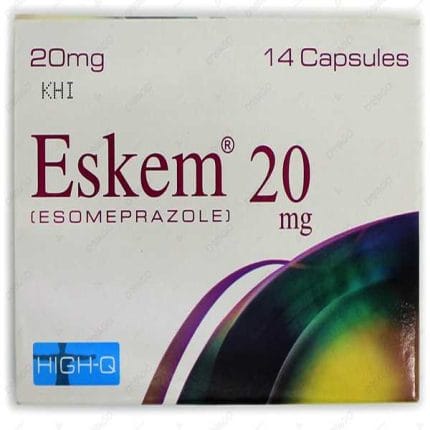

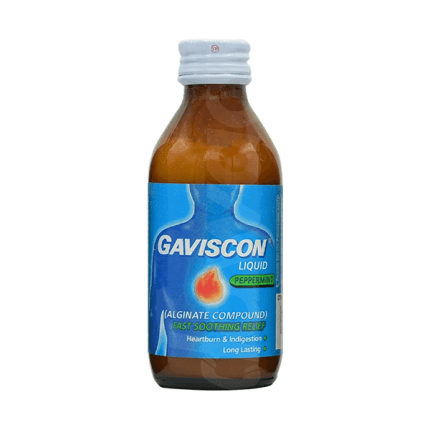

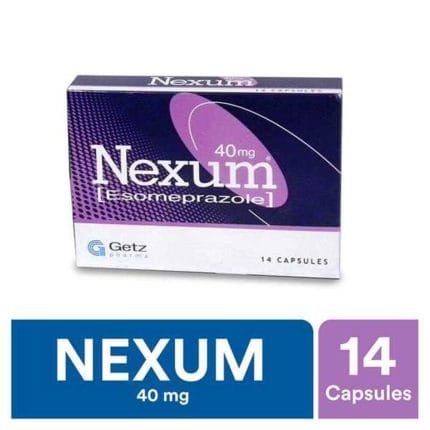
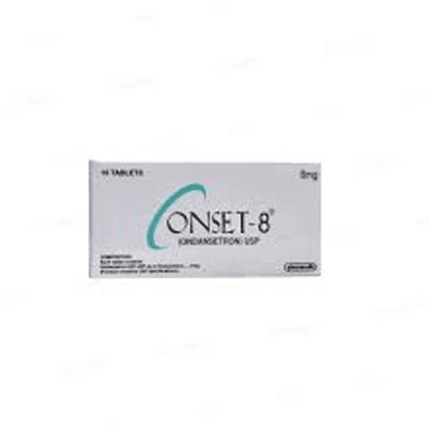
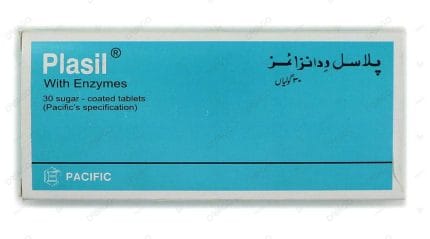







Reviews
There are no reviews yet.